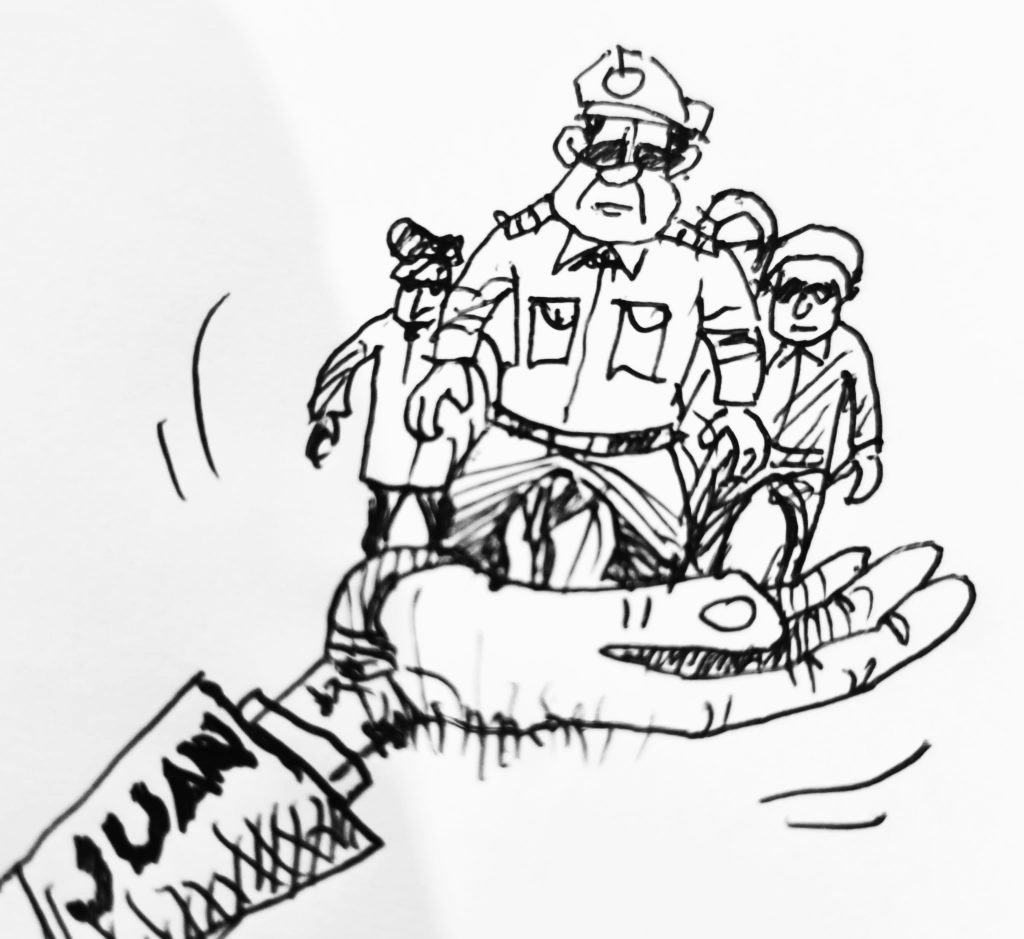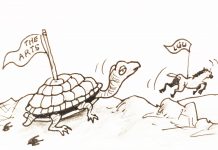The anniversary of the Leyte Gulf Landings is not merely a date on the calendar; it is a reminder of the freedom bought with blood and sacrifice. To take this commemoration lightly is to dishonor the memory of those who fought and died so that this nation might live free.
When General Douglas MacArthur fulfilled his promise to return to the Philippines in 1944, he did not return alone. He brought with him the hopes of an oppressed people and the might of the Allied Forces, determined to reclaim a land gripped by Japanese tyranny. The Battle of Leyte that followed was one of the bloodiest campaigns of World War II, claiming thousands of Filipino and American lives. Yet it marked the turning point that led to the liberation of the Philippines and the collapse of the Japanese imperial hold in the Pacific. Remembering this day is, therefore, not a matter of formality but of national duty.
The sacrifice of those who perished in Leyte and other battlegrounds across the country must never be reduced to a mere ceremonial reenactment or political display. These ordinary men and women—farmers, students, workers—chose country over comfort, life over liberty. Their courage and endurance laid the foundation for the democratic freedom enjoyed today. To forget their valor is to betray their memory and the ideals they fought for.
Sadly, the significance of this event seems to fade each year. Many young Filipinos now recall it only as a passing topic in history class, detached from emotion or gratitude. This growing indifference weakens national identity and erodes patriotism. People who forget their past become vulnerable to the same mistakes and injustices they once overcame. Historical remembrance is not nostalgia—it is moral vigilance.
Commemorating the Leyte Landing should therefore go beyond speeches and wreaths. It must be a day of reflection and education—a reminder to uphold the same courage and unity that once reclaimed the nation’s dignity. Schools must keep the memory alive, local governments must preserve the historical sites, and citizens must take pride in the lessons of this hard-won freedom.




